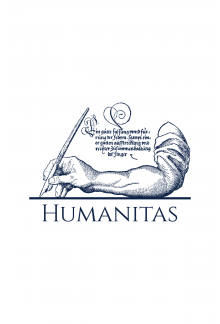- Titulinis
- Dalykinė ir mokslinė literatūra
- Socialinių mokslų knygos
- Politikos mokslas
- Meister Eckharts Rezeption im Nationalsozialismus: Studien zur ideologischen Ambivalenz...

Meister Eckharts Rezeption im Nationalsozialismus: Studien zur ideologischen Ambivalenz der ‚deutschen‘ Mystik
Balsavo 0
ISBN: 9789004517622
Leidimo metai: 2022
Leidėjas: BRILL
Leidinio kalba: Vokiečių
Formatas: Kieti viršeliai
Leidimo metai: 2022
Leidėjas: BRILL
Leidinio kalba: Vokiečių
Formatas: Kieti viršeliai
Kaina:
Šių parametrų produkto neturime
Likutis pakankamas
Pristatymo terminas Lietuvoje 3-6 savaitės
Pristatymo terminas Lietuvoje 1-4 darbo dienos. Galimas kelių dienų vėlavimas
Pristatymo terminas Lietuvoje 3-6 savaitės
Pristatymo sąlygos
Aprašymas
Wohl kein mittelalterlicher Autor hat im Laufe der Jahrhunderte eine größere Faszination auf seine Leser ausgeübt als Meister Eckhart. Die besondere Universalität und Weite seines mystisch-theologischen Denkens hat ihn jedoch auch immer wieder zur Projektionsfläche für ideologisch motivierte Interpretationen aller Art gemacht. Der vorliegende Band beleuchtet die Rezeption, die Eckharts Mystik in der Zeit des Nationalsozialismus erfahren hat. Im Mittelpunkt stehen dabei die verschiedenen und teilweise widersprüchlichen Versuche, Eckhart zum Begründer eines „germanischen Christentums“ bzw. eines „deutschen Glaubens“ zu stilisieren und ihn in polemischer Weise gegen das Judentum, aber auch gegen die Katholische Kirche in Stellung zu bringen.Meister Eckhart is undoubtedly one of the most fascinating medieval authors, who has appealed to a wide audience across the centuries. At the same time, the extraordinary universality and openness of his mystical-theological approach has repeatedly made him the object of all kinds of ideological projections and misinterpretations. The present volume examines the reception of Eckhart’s mysticism in the era of National Socialism. The main focus is put on the different and sometimes contradictory attempts to present Eckhart as the founder of “Germanic Christianity” or “German faith” and as a visceral opponent of both Judaism and the Catholic Church.
Atsiliepimai (0)
Palikite atsiliepimą
